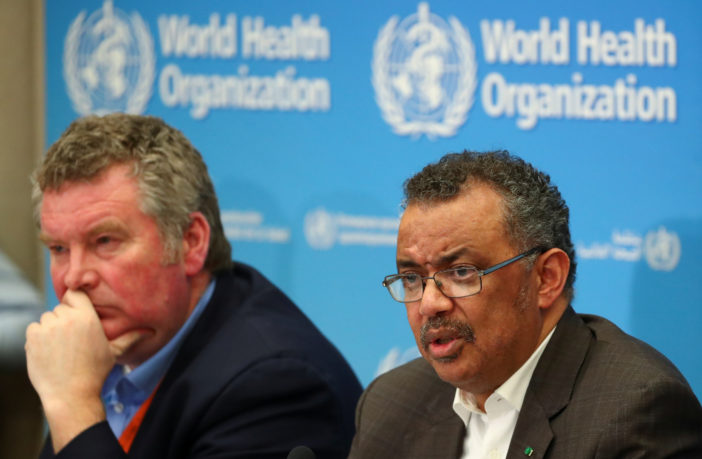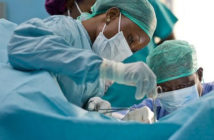The World Health Organisation (WHO) says based on evidences available on Coronavirus (COVID-19), it has developed documents providing guidance for management of public health events at points of entry and during mass gathering.
WHO stated this on its official twitter handle at @WHO, in which the organisation urged governments to step up their efforts in preparing for the virus.
According to figures released by Chinese National Health Commission, a total of 79 new confirmed cases were reported on Tuesday outside Hubei, a 14th consecutive day drop since Feb. 3.
Meanwhile, a total of 890 new cases have been reported outside Hubei on Feb. 3.
The commission said it has received reports of 1,886 new confirmed cases on Monday from 31 provincial level regions and the Xinjiang Production and Construction Corps, including 1,807 in Hube.
In a statement, the WHO Director-General Tedros Adhanom Ghebreyesus, said: “It is impossible to predict which direction this epidemic will take.
“The UN agency was encouraged that there has not yet been widespread community transmission of the virus.
“WHO was also encouraged that ‘the global research community has come together to identify and accelerate the most urgent research needs for diagnosis, treatments and vaccines.
“A team of international experts is now on ground in China, working closely with Chinese counterparts to understand the outbreak and inform the next steps in the global response.’’
According to him, WHO has classified COVID-19, a global health threat.
Ghebreyesus said the steps China has taken to contain the outbreak at its source appeared to have bought the world time, but ‘we don’t know how much time’.
The WHO chief said the organisation’s encouragement was tempered by several key concerns, including the rising number of cases in China, particularly the number of health workers that have been infected.
“The lack of urgency in funding the response from the international community; the levels of rumours and misinformation hampering the response; and the potential havoc the virus could wreak in countries with weaker health systems.
“The outbreaks of Ebola and COVID-19 underscore once again the vital importance for all countries to invest in preparedness and not panic,’’ he said.
He recalls that two years ago, WHO and the World Bank founded the Global Preparedness Monitoring Board, an independent body to assess the state of the world’s readiness for a pandemic.
He said in 2019, the board had published its first report which concluded that the world remains badly prepared.
“For too long, the world has operated on a cycle of panic and neglect. We throw money at an outbreak, and when it’s over, we forget about it and do nothing to prevent the next one.
“This is frankly difficult to understand and dangerously short-sighted,” warned Ghebreyesus.




